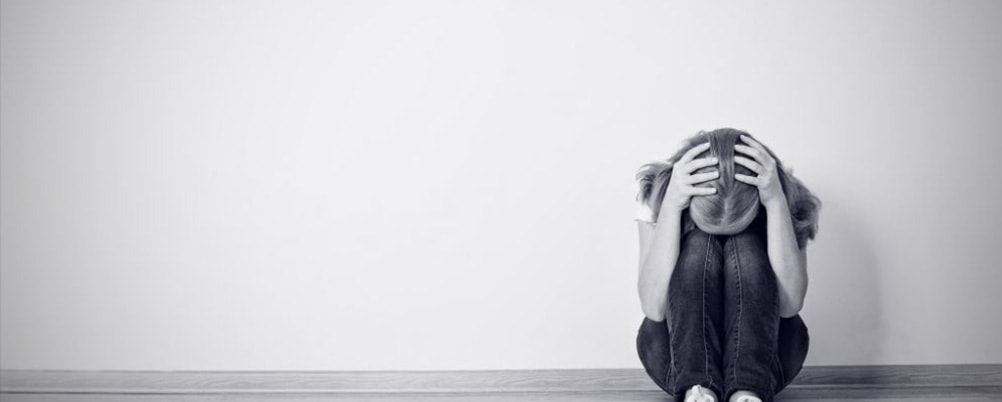Anxiety is something that can be both mentally and physically exhausting. For one reason or another this has been a lifelong battle I have had to deal with. Sometimes it gets so severe it affects my eating, mood, and ability to function in day-to-day situations. So how does one overcome such a testing condition? The answer isn’t a short one, in all honesty. But in this article we will explore different strategies to coop and live with anxiety more effectively.
Did you know that not all anxiety is bad?
According to Dr. Ken Eisold, “A certain amount of anxiety is useful – even indispensable. If you understand that it is a signal of impending danger, you can grasp its vital importance.” He goes on to giving this example, “So, if you are facing a big decision like buying a house or a car, or if you are choosing an investment, it makes sense to expect some anxiety, some insecure, stressful moments. It can be helpful, in fact, to alert your mind to the risk and provide the extra mental charge to think through your choices.”
There are plenty of online articles, books, and magazines to help cope with anxiety. Below are some quick tips one can use in dealing with anxiety.
Skills to Cope with Anxiety
If your anxiety is sporadic and getting in the way of your focus or tasks, there are some quick, homeopathic remedies that could help you take control of the situation.
If your anxiety is focused around a situation, such as being worried about an upcoming event, you may notice the symptoms are short-lived and usually subside after the anticipated event takes place.
Question your thought pattern
Negative thoughts can take root in your mind and distort the severity of the situation. One way is to challenge your fears, ask if they’re true, and see where you can take back control.
Practice focused, deep breathing
Try breathing in for 4 counts and breathing out for 4 counts for 5 minutes total. By evening out your breath, you’ll slow your heart rate which should help calm you down.
The 4-7-8 technique is also known to help anxiety.
Use aromatherapy
Whether they’re in oil form, incense, or a candle, scents like lavender, chamomile, and sandalwood can be very soothing.
Aromatherapy is thought to help activate certain receptors in your brain, potentially easing anxiety.
Go for a walk or do 15 minutes of yoga
Sometimes, the best way to stop anxious thoughts is to walk away from the situation. Taking some time to focus on your body and not your mind may help relieve your anxiety.
Write down your thoughts
Writing down what’s making you anxious gets it out of your head and can make it less daunting.
These relaxation tricks are particularly helpful for those who experience anxiety sporadically. They may also work well with someone who has generalized anxiety disorder (GAD) when they’re in a bind too!
However, if you suspect you have GAD, quick coping methods shouldn’t be the only kind of treatment you employ. You’ll want to find long-term strategies to help lessen the severity of symptoms and even prevent them from happening.

